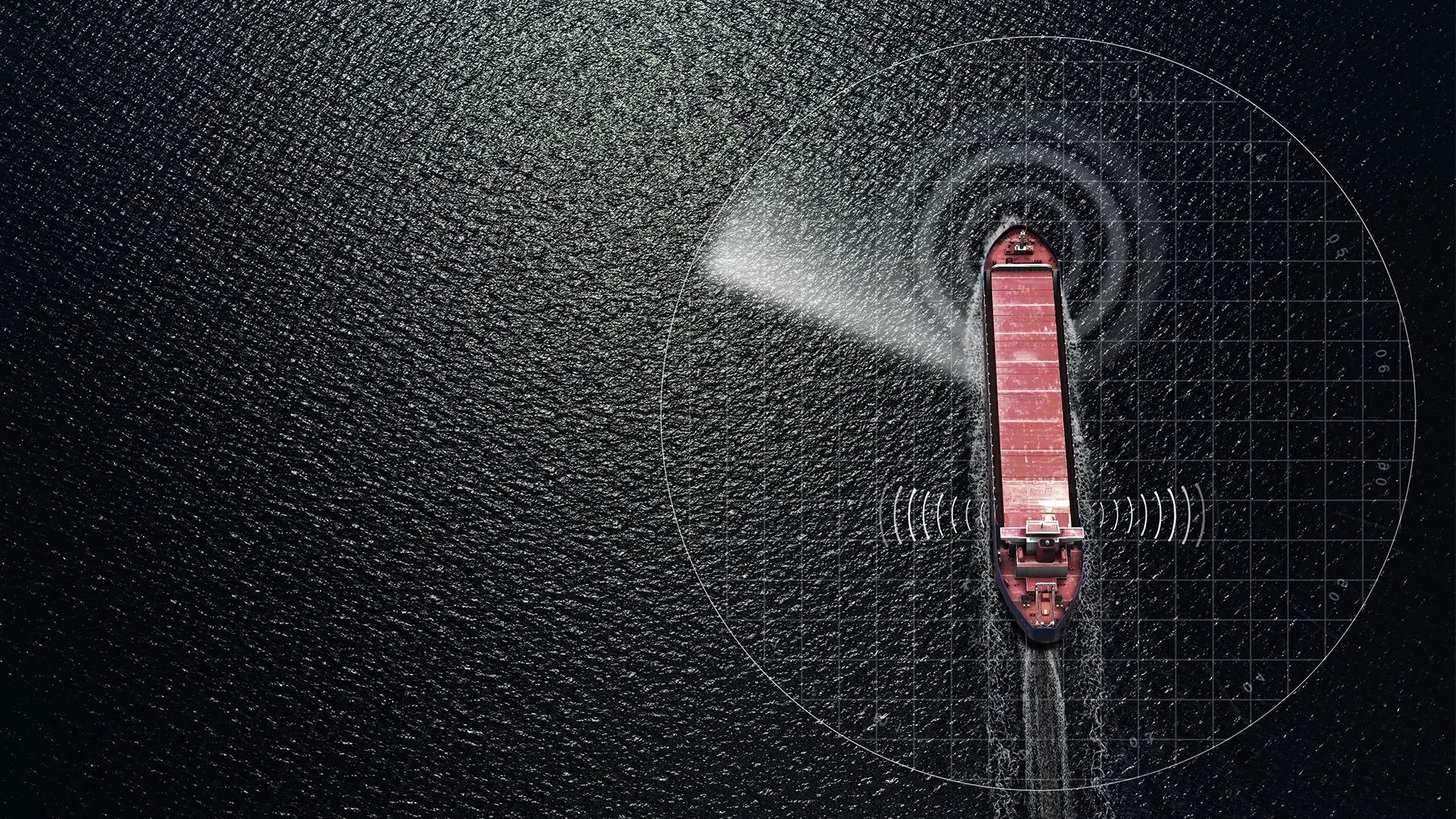The algorithms steering the future of maritime navigation

Source: interestingengineering
Author: @IntEngineering
Published: 10/21/2025
To read the full content, please visit the original article.
Read original articleThe article "The algorithms steering the future of maritime navigation" outlines the transformative shift in maritime engineering from traditional manual navigation methods to advanced autonomous shipping systems powered by artificial intelligence (AI) and sensor integration. Historically reliant on human crews for navigation and decision-making, modern vessels are increasingly equipped with sophisticated control systems that combine radar, LIDAR, GPS, sonar, cameras, and AI to enable real-time environmental awareness and autonomous decision-making. These systems allow ships to plan routes, avoid obstacles, and adjust operations dynamically, while human supervisors monitor performance remotely and intervene when necessary, especially during emergencies.
The International Maritime Organization (IMO) categorizes autonomous ships into four degrees of autonomy, ranging from basic onboard automation (Degree 1) to fully autonomous vessels capable of independent navigation and decision-making (Degree 4). Despite technological advances, most autonomous ships in operation today are semi-autonomous (Degrees 1 and 2), with over 95% market share in 2023, reflecting the current preference for
Tags
robotIoTenergyautonomous-shipsmaritime-navigationAI-control-systemssensor-fusionmachine-learningmaritime-robotics